
UDK: 616-001.4-002.3-085
D.S. Zotov 1, T.A. Pankrusheva 1, L.V. Zhilyaeva 1 , N.N. Grigoriev 1, M.S. Chekmareva 1, M.A. Zatolokina 1, A.Y. Grigoryan 1, S.L. Kuznetsov 2
1 Курский государственный медицинский университет, Курск 2 Первый Московский государственный медицинский университет имени И.М. Сеченова, Москва
Treatment of purulent wounds is an urgent problem in modern surgery. The need to develop new combinations that improve the treatment process is one of the priorities. Materials and methods. A purulent wound model was formed on 180 Wistar rats divided into 5 equal groups. The percentage of reduction of the wound area, healing rate, microbial contamination were evaluated, histological examination was performed. Results. In groups with the use of a photosensitizer, complete wound healing occurred by 15 days. The maximum healing rate of the combined use of hexethidine and photoditazine occurred in the first phase of the wound process, and microbial contamination by the 10th day was less than 15 thousand times compared to the control, and 187,5 times – with the comparison group (p < 0,05). Conclusions. The developed combinations
purulent wound, wound treatment, purulent-inflammatory process, phases of wound process, hexethidine, photoditazine, methylcellulose
Мария Алексеевна Затолокина, marika1212@mail.ru